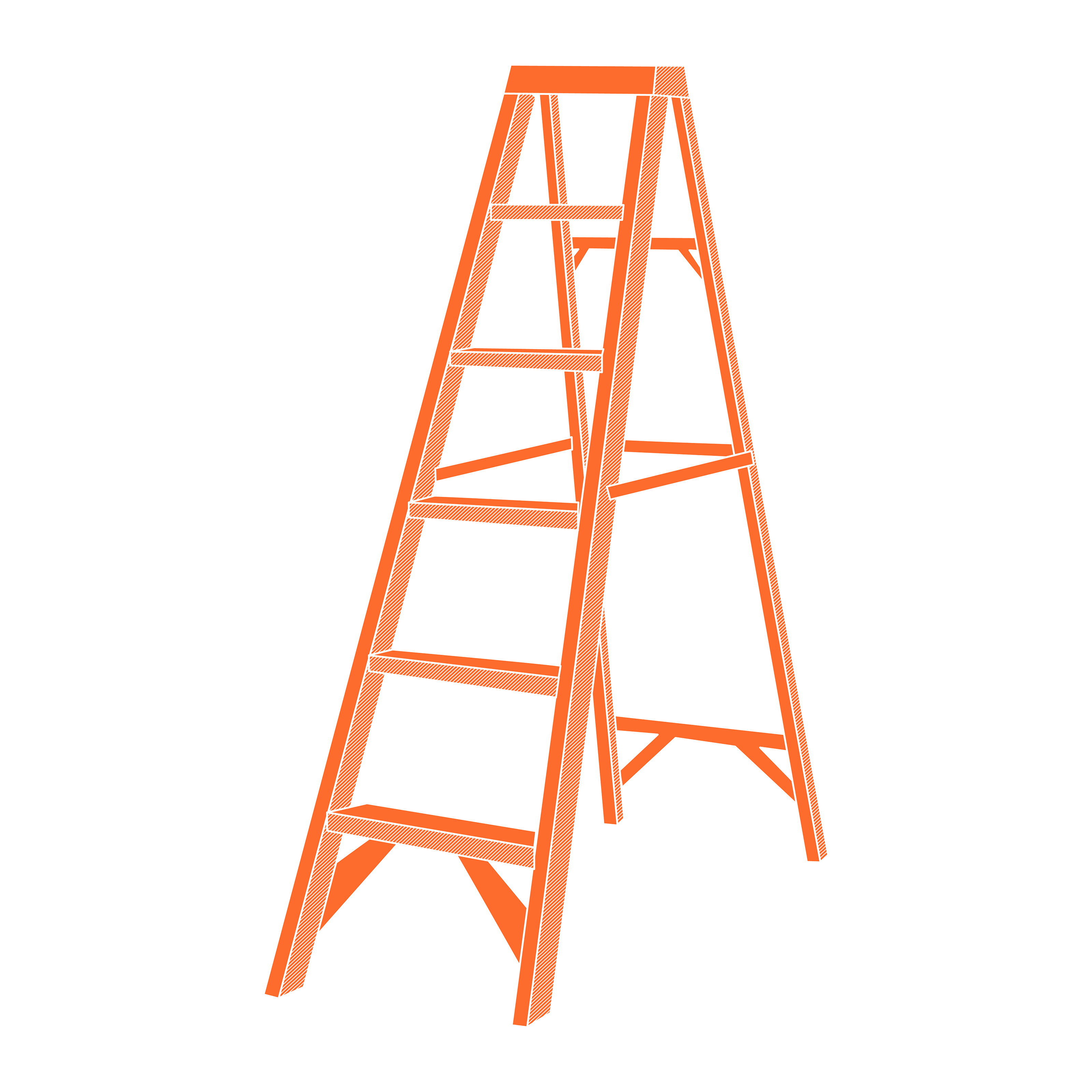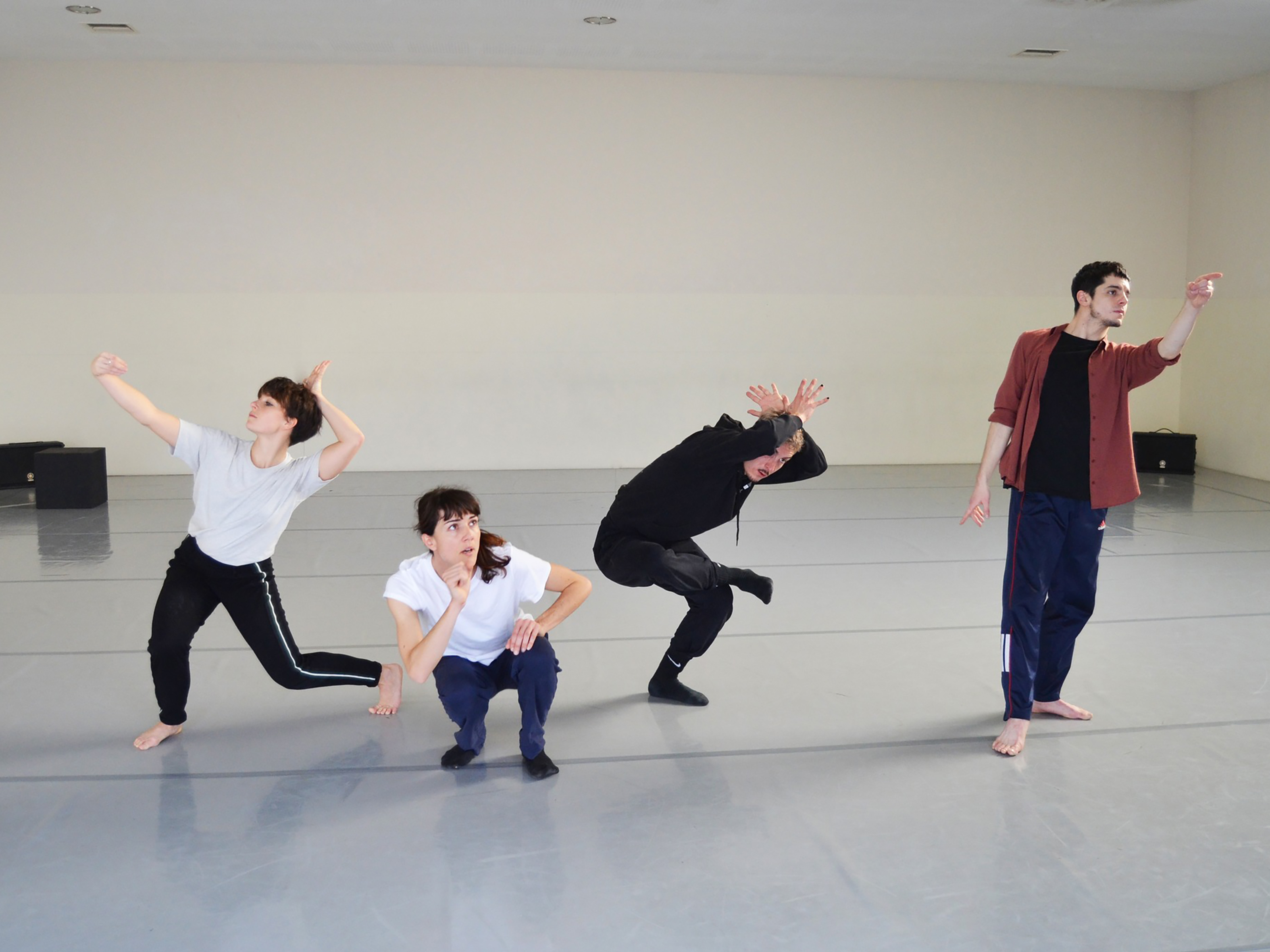Choreographer 2

“Most of the time it’s what they call finalization residences, so it’s the last bit, when we’re in the theater, in the large space, to finalize the show and especially its technical side. In the residences we have very few moments when we can have the technical. Especially the staff available to assemble, disassemble, change.”
- Operation
- Space
- Period
“This is a place run by an artist ... We are not seen as over the top divas with whims ... it’s necessary so that the public can see beautiful, successful shows that fully realise their research. It is one of the rare places that does not have pre-established specifications.”
- Operation
- Internal structure / Management
- Public relation & communication
“Marseille is particular in giving so much money to a place like this, but it needed someone like [the manager who is a dance artist], with his aura - he became a celebrity in Marseille, the darling choreographer of Marseille - that's what allows him to be so influential on public decisions, beyond KLAP as well.”
- Operation
- Professional network
“I did a residency, which was particular because it's for a solo thing I’m doing, which is good. But after three days I had to do a residency presentation, my first three days of creation. And in fact, this hour that you devote, which will stress you out, which will make you vulnerable. To them it becomes ‘the’ important thing, and therefore whether it’s the production, the communication, the tech, for three days beforehand they came all the time to ask me: at what time, can you correct the text… And in fact, this thing becomes super time-consuming, and it's my time of research, my time of fragility, of accepting getting it wrong, of getting lost, of not knowing, of taking naps, of leaving earlier. Because that's what creation is, it's a kind of time that you can't anticipate, but it's no longer possible because you have to be super available. What you read into it, what is true, is that suddenly, the fact that an artist is creating in a place, it is never enough in terms of value. It also overturned the balance of power, which is ‘promise to do everything to make sure that it’s not useless to you', a waste of time welcoming me.”
- Operation
- Product / Work mode
- Professional network
- Informal rules
- Time
“Sometimes it's hard when working. You have to walk again for half an hour to work in another space where so as to work differently than you work in the place [KLAP]. And in addition, it can take up space in everyday life and therefore in creation, cooking for yourself every lunchtime because there is nothing to buy nearby, finishing not too late so that the team can do a half hour trip for shopping. We are often lodged in different places. It's a bit KLAP's problem, but it's a bit Marseille's problem too, that transport is bad.”
- Ecology
- Product / Work mode
- Physical accessibility / Location
- Time
- Urban context
“If I don't want it [public encounter], it's non-existent, I’m hidden. Sometimes, at the request of KLAP, or at my request, there is the public or people. At my request, it is rather public time at specific stages to fuel the work. When it's from them, then they want a PR activity. It happened during a finalization residency, there’s a class that comes to visit KLAP, we spend some special time, I explain things to them.”
- Operation
- Product / Work mode
- Professional network
- Public relation & communication
“There are some people who stay, very few in fact. But each time I feel that the project brings me a particular type of performer, a type of person. Often I work with dancers that I have never seen dance, but with whom at one point I spoke, either at a show, or friends of friends, or there is something that moved me about a person.”
- Product / Work mode
- Professional network
“For us the outline is two weeks, often at the end of the two weeks it’s the premieres, the creation of the show, because it costs less, you’ve put together, fabricated everything. And then, the framework they offer us: the space we have at any time, we have to plan, but they hire technicians to come and assemble, disassemble, modify. We have the technical director who is not at our disposition but who is around and takes time to answer our questions etc. So it's shifted time slots because in the morning it's technical and in the afternoon at night it's technical and artistic, and then they accommodate the whole team, and the team grows because there’s all the tech. And often it's over two weeks in the main hall. And we have the place to sew if ever we want to finalize the costumes, for example we also had a dresser and also to do all the maintenance of the costumes because we do the run through before, so you have to wash after, whatever, and for that there is very little space. ”
- Cost
- Operation
- Internal structure / Management
- Product / Work mode
- Professional network
- Space
- Period
- Working hours
“It [KLAP] is supposedly a place of making more than performing, even if there is a lot of performing, and sometimes that takes time away from your slow making time. If you have shows, the production studio is taken, to edit, rehearse, play, take down. But during a finalization residency, it's really the moment when you put your things down and you take over the place 24/24”
- Operation
- Space
- Use
- Time
“When it’s been months and months and you’ve been there, there, there [studio - KLAP], you have nothing to cook with, you spend your life in a restaurant. But that is difficult as a path. The practical, also the warm and welcoming, that influences the quality of work, the research and the openness of the team. I challenge those who plan these spaces to survive with just a residency kitchen for 5 days.”
- Operation
- Local community
- Space
- Found conditions / Suitability
